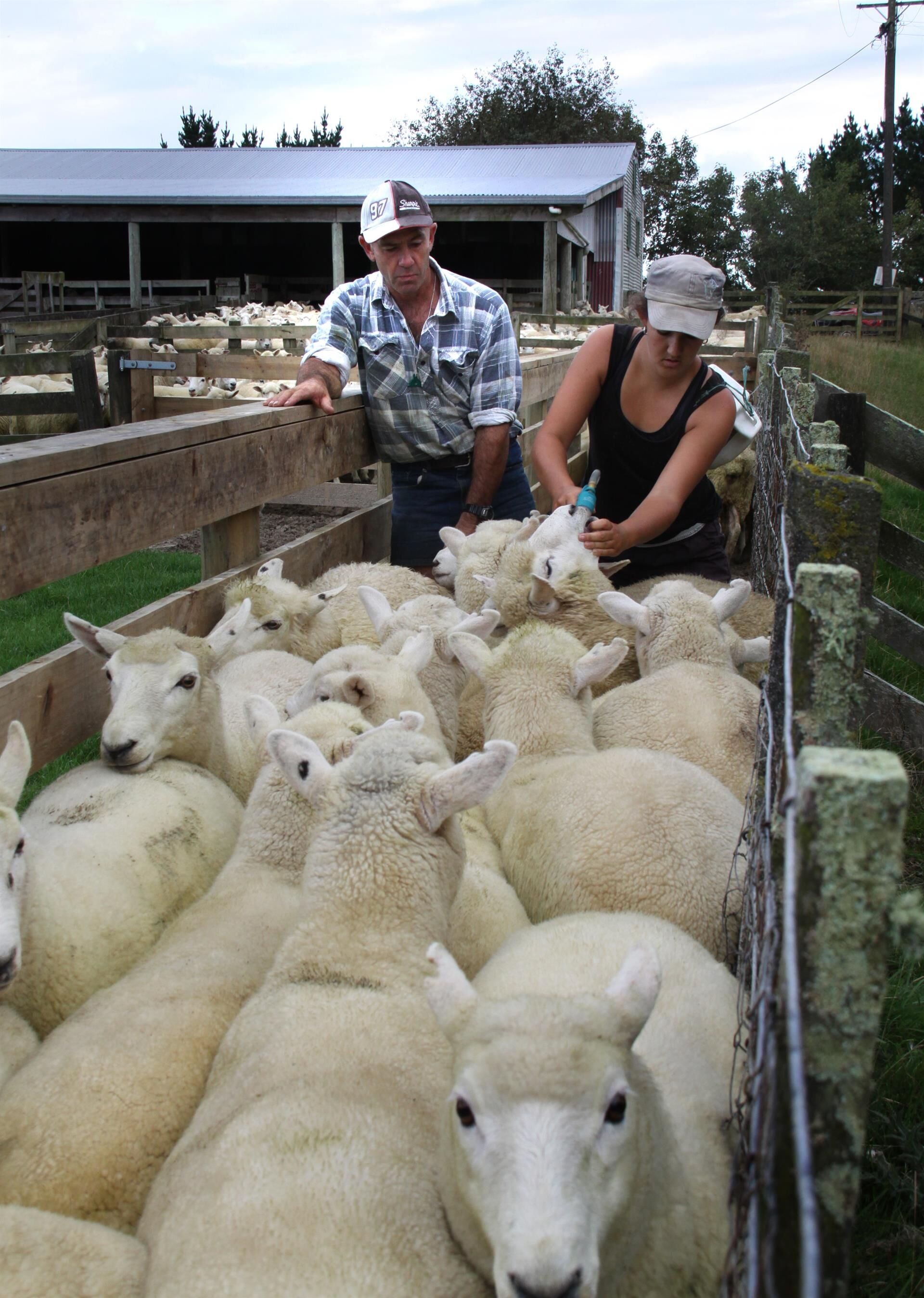New talent and skills to underpin sector’s future.

This has been brought about in part by customers seeking products with a clearly sustainable provenance and back story that meets their desire to purchase food and fibre that treads with a lighter environmental footprint.
This country’s efforts to measure and ensure farming is sustainable, both environmentally and financially, is also helping create multiple opportunities for the next generation of people who want to stake their career within the primary sector.
The simpler, more commodity-based focus of the past has given way to production of food and fibre that requires a wider variety of skills and talent to farm, process, research, and market to an increasingly diverse, sophisticated global market.
With a greater focus on sustainability (both environmentally and financially), comes new technologies demanding different skill sets, and the ability to navigate an increasingly complex global supply chain.
Consumer interest in New Zealand products has intensified in the last two years, with shoppers seeking out high-value foods they perceive to help them stay healthy, whether it is vitamin-packed kiwifruit, protein-dense red meat or health-boosting Manuka honey.
With about one in seven jobs in New Zealand connected to the primary sector, the type of employees is changing rapidly. In 2012 an estimated 44 percent of employees in the sector had formal post-school qualifications.
By 2025 it is anticipated this will need to increase to 62 percent to meet the rapidly-rising demands of technology, sustainability, and emerging new markets.
The upside for a new generation of school leavers is the opportunities have never been greater, and demographics are helping boost their options even further.
A predicted decline in new entrants to the labour force over the coming decade means for anyone keen to commit to a primary sector career in the provinces, the opportunities are secure and many. The Government has recognised this shift, focusing on education in its Food and Fibre action plan.
This includes helping shape training and education systems to provide people with the skills and capability needed to meet these changes - including growing the supply of a specialist teacher workforce, supporting the establishment of a workforce development group and supporting the availability of courses to deliver specialist “micro-credentials.”
Under the umbrella of the action plan, the different sector groups have all developed strategies to attract willing, capable people to them, while COVID-19 has accelerated efforts to attract, train and keep good talent.
Those jobs extend from the ground level on farms, orchards and forests, to PhD roles in biometrics, human behaviour and genetics.
Under the umbrella of the action plan, the different sector groups have all developed strategies to attract willing, capable people to them…Those jobs extend from the ground level on farms, orchards and forests, to PhD roles in biometrics, human behaviour and genetics.
With workers in some areas recently displaced such as the hospitality and travel industry, there has been increased impetus upon the sector initiatives, with opportunities covering all corners of the country.
The forestry sector for example has been running a “$10,000 12-week challenge” to attract more young people into the sector to plant trees as the country accelerates its afforestation in order to meet climate change goals.
Similarly, the kiwifruit sector has been actively recruiting local people over the past three years, partly to reduce reliance upon overseas staff, and to focus on getting more Kiwis into a career.
The concerted three-year campaign has put an additional 3,500 locals into work, with the opportunity to move into full-time roles that offer orchard management opportunities.
One of these is Jerome Gilbert who became a victim of COVID-19 when he lost his corporate travel job in Auckland. After learning from the ground up, the 34-year-old has become a line manager, overseeing 120 staff for EastPack in Te Puke.
“COVID-19 has changed a lot and made me realise how vulnerable some industries can be,” he says.
Colin Bond, CEO of NZ Kiwifruit Growers Incorporated says the silver lining of COVID-19 has been the lack of seasonal workers, in turn creating full-time 12-month work positions.
“More people are turning to the primary sector for a career offering industry-recognised training and good prospects,” says Bond.
In the dairy sector the “Go Dairy” campaign is now well into its 10th year in a sector now offering the highest average salary among the agricultural industry, with entry-level positions starting from $48,000 a year.
Dairy farm managers can confidently expect salaries upwards of $80,000 and jobs will usually have the added appeal of a house, a significant additional bonus in a tight and expensive housing market.
DairyNZ CEO Tim Mackle says the industry is committed to attracting talented people at every level, offering a good lifestyle with career growth pathways within thriving rural communities.
Nick Hawken, Bayleys’ national director rural says the range of opportunities within the primary sector these days is enormous.
“The whole supply chain provides some of the most challenging, technical, and rewarding careers in New Zealand and it is great to see a renewed impetus of focus on career paths throughout the primary sector.
“At the end of the day, primary producers run some of the most sophisticated businesses within the country and to attract or compete for investment into the sector, we need capable people. While land is often the greatest asset for rural landowners, having good people is equally important. Without them, you risk not generating the theoretical return from the land.”

Read more...
[[Download PDF]](https://cms-cdn.bayleys.co.nz/00000000-0000-0000-0000-000000000000/cb2f0c5d-988a-4c9d-8694-04cb2b32f51f/70b3a35b-9972-4538-bdbb-9d192533c1e6/3.%20New%20talent%20and%20skills%20to%20underpin%20sector's%20future.pdf 'https://cms-cdn.bayleys.co.nz/00000000-0000-0000-0000-000000000000/cb2f0c5d-988a-4c9d-8694-04cb2b32f51f/70b3a35b-9972-4538-bdbb-9d192533c1e6/3.%20New%20talent%20and%20skills%20to%20underpin%20sector's%20future.pdf')